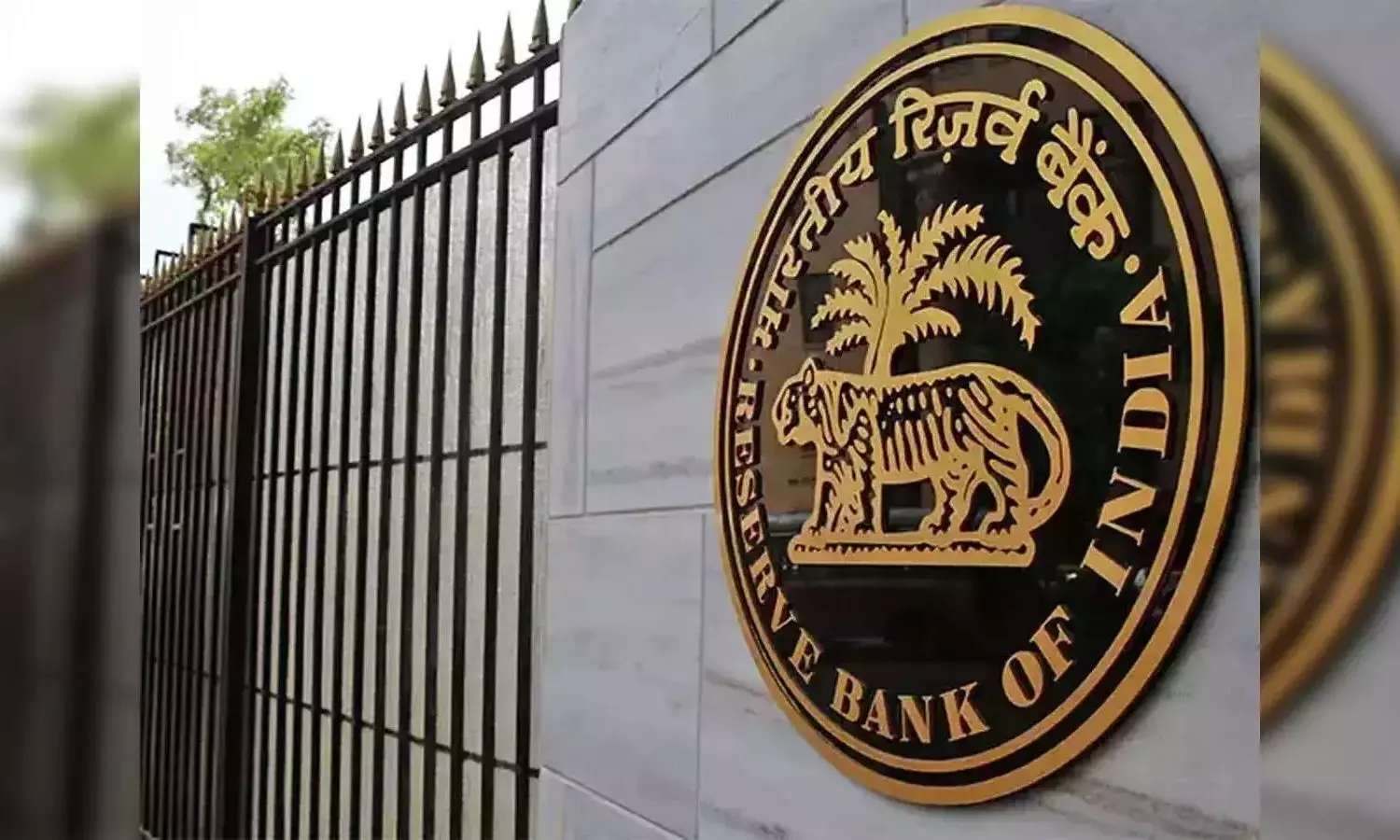RBI's Scrutiny on Unsecured Loans: Impact on Co-Lending Practices
Discover how RBI's heightened scrutiny on unsecured loans prompts adjustments in co-lending practices.
image for illustrative purpose

The Reserve Bank of India (RBI) has increased its scrutiny on the surge in consumer credit, particularly unsecured loans, which is poised to impact the practice of banks co-lending with non-banking finance companies (NBFCs) in this segment. This move comes amidst growing concerns about the rapid expansion of unsecured lending and its potential systemic risks to the financial sector.
The RBI's recent adjustment in risk weight for unsecured consumer credit, now set at 125% from the previous 100%, is triggering strategic adjustments within financial institutions. This shift is leading banks and non-bank lenders to review their personal loan portfolios, potentially reducing the share of personal loans in their overall co-lending assets.
In co-lending arrangements, banks and NBFCs team up to provide loans to the priority sector, sharing risk in an 80:20 ratio, benefiting both parties. However, despite the rapid growth in co-lending assets under management, particularly personal loans, the heightened risk weight is anticipated to decelerate the expansion pace of personal loans within co-lending frameworks.
While the RBI's crackdown on consumer credit surges and co-lending of unsecured loans may pose near-term challenges for banks and NBFCs, it is a necessary step towards fostering a more resilient and stable financial system that can withstand future shocks and promote sustainable economic growth.

